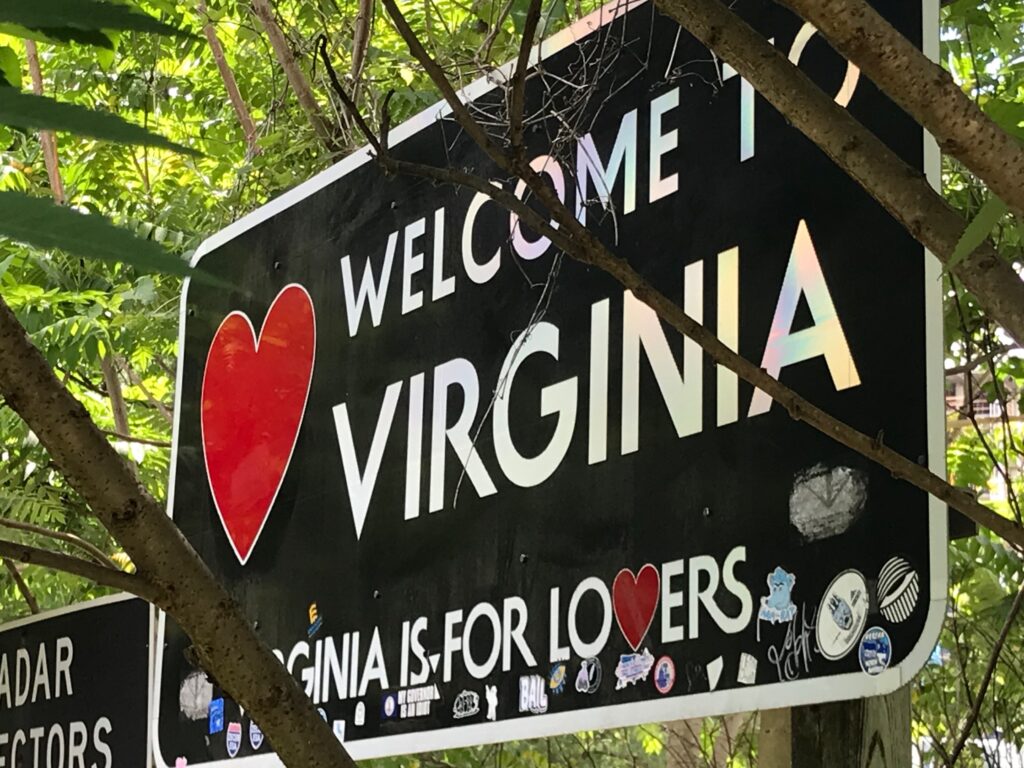Staying Put

I woke up this morning in a house I’ve been waking up in for half of my life. This would have been big news to the 20-and-30-something me, who moved from Chicago to Kentucky to New York City to Arkansas to Massachusetts to Virginia. Seventeen moves in seventeen years, as I once admitted in an essay.
But it’s been Virginia for decades. I settled down, as did many of my compatriots. About one of every five Americans moved in the 1960s. Today it’s only one of every 13, thanks to a combination of zoning laws, historic preservation campaigns and rampant NIMBYism, according to a recent Atlantic magazine article by Yoni Appelbaum (adapted from his book Stuck: How the Privileged and Propertied Broke the Engine of American Opportunity). Mobility is freedom, mobility is opportunity — and these have been in short supply lately, says Appelbaum.
For years I might have agreed with him, or at least with aspects of his argument (which I realize is about socioeconomic conditions, not what I’m exploring in this post). I felt trapped here from the beginning: plopped down in the suburbs with young kids. As a full-time freelance writer, I had plenty of contact with interviewees and editors, but I seldom saw them. For years I raged against the ‘burbs.
But I’ve come to appreciate the benefits of staying put. “We marry ourselves to creation by knowing and cherishing a particular place,” writes Scott Russell Sanders. If I were offered any place in this country to send down roots, I might not have chosen this particular place — but I could do worse, far worse. Most importantly, the babies grew up and started families of their own, and two of them have settled nearby.
Now when I wake up in this house, I know I’m home.